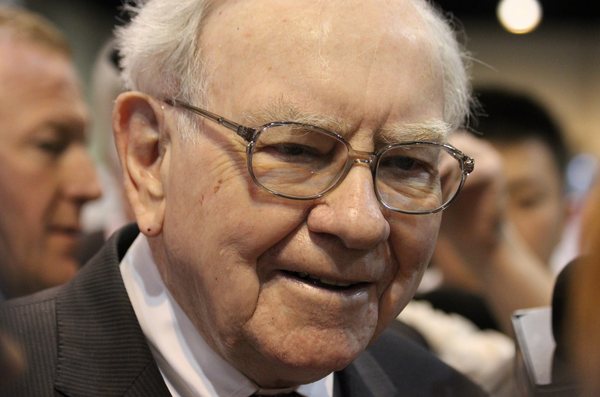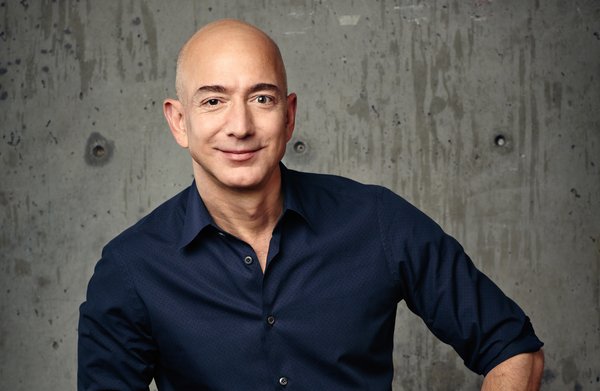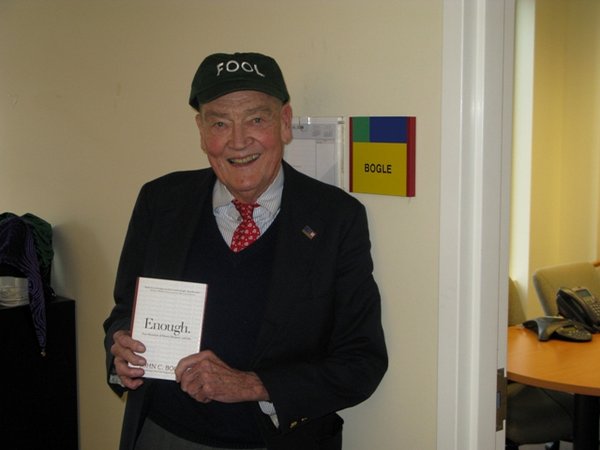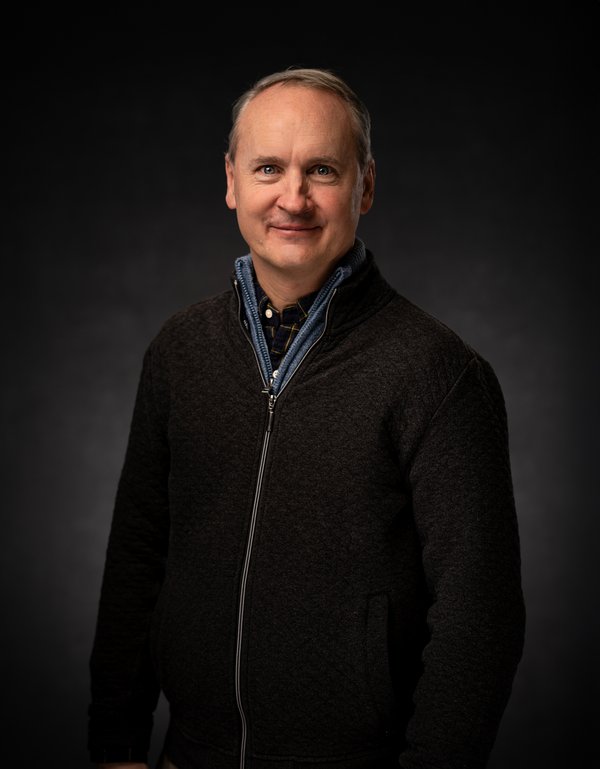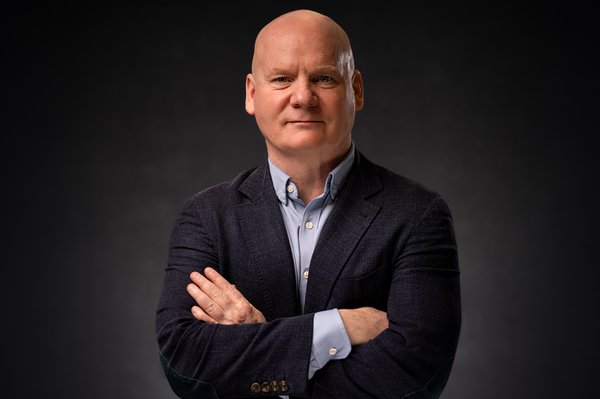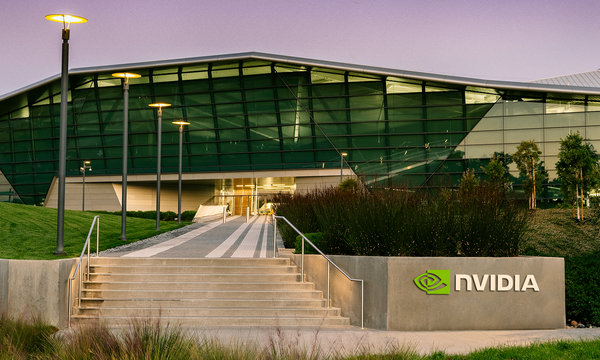Duquesne Family Office is an investment firm opened in 2010 by Stanley Druckenmiller, who was part of one of the most famous trades in history. The firm is named for a park in Druckenmiller's native Pittsburgh. Read on to learn more about the fund, its investment strategy, successes, reputation, and legacy.

What is it?
What is Duquesne Family Office?
Duquesne Family Office is an investment firm launched by Stanley Druckenmiller in 2010. Druckenmiller, a Pittsburgh native, named the company after a park in his hometown; his previous fund, which he founded in 1981, was Duquesne Capital and was known for being part of one of the most famous trades in history.
Druckenmiller created Duquesne Capital in 1981 with $800,000, and reportedly never had a down year in the hedge fund’s three decades of operation. The fund posted an average annual return of roughly 30%.
In 1988, Druckenmiller joined the Quantum Fund (while separately operating Duquesne Capital), operated by famous investor George Soros. The two became legendary with a $10 billion short of the British pound in 1992 that reaped a $1 billion profit as part of a deal that became known as “breaking the Bank of England.”
Druckenmiller left Quantum in 2000 after suffering steep losses from the the dot-com bust. He told the Wall Street Journal that he had “overstayed his welcome.” He shut down Duquesne Capital in 2010, citing the “heavy personal costs” of managing the $12 billion fund. That year, he opened the Duquesne Family Office, which has grown to a $4.07 billion fund by the end of the second quarter of 2025.
Druckenmiller and Soros are credited with the development of macro trading, an investment strategy that involves a combination of large bets on currencies and commodities based on political trends and quantitative analysis and using fundamental securities analysis to identify promising stocks.
Name: Duquesne Family Office
Year founded: 2010
Founder: Stanley Druckenmiller
Headquarters: New York
“The best investors are those who are emotionally unattached to their investment positions.”Stanley Druckenmiller
Investment strategy
Duquesne Family Office’s investment strategy
Unlike most retail investors, Druckenmiller has scoffed at too much diversification, urging investors to follow Andrew Carnegie's maxim: “Put all your eggs in one basket, then watch that basket.” Business Insider described his core principle, which has also been attributed to Soros: “It’s not whether you’re right or wrong, but how much money you make when you’re right and how much you lose when you’re wrong.”
However, Druckenmiller falls in line with most other investors on the importance of staying objective and avoiding emotional attachment when it comes to investments. He believes in cutting losses quickly if an investment thesis proves wrong and increasing positions aggressively if it turns out to be right.
The firm’s 13F filing for the second quarter of 2025 provides some insight into his willingness to switch things up. Duquesne reported 87 holdings, with almost 25% of its largest holdings in health care stocks, led by Natera (12.8%), Teva (6.6%), and Insmed (5.6%).
During the quarter, Duquesne bought into 35 new stocks, added to 13 holdings, sold 18, and cut holdings in another 18. According to a Whale Wisdom analysis, Duquesne keeps its holdings for an average of 2.26 quarters; even its top 10 holdings, which make up a bare majority of its portfolio, only lasted 3.6 quarters on average.
Notable successes
Notable successes
It’s likely that Druckenmiller could trade for another century and not change his legacy as the investor who spearheaded a billion-dollar trade. The Bank of England deal became known as “Black Wednesday” because of its effects on the English economy. The U.K. estimated it lost 3.3 billion pounds as its currency plunged 25% against the dollar.
While the trade may have been bad for the U.K. in the short term, defenders argued that it forced basic changes in the country’s economy by ultimately lowering interest rates and making its currency more competitive.
The Black Wednesday trade may wind up being Druckenmiller’s biggest success -- it would be difficult to beat -- but since opening Duquesne Family Office, he’s made a few prescient investments, as well. He saw the artificial intelligence (AI) boom coming and bought Nvidia (NASDAQ: NVDA in the fourth quarter of 2022, scoring a 700% gain. (Druckenmiller dumped his Nvidia holdings in the third quarter of 2024 after it began trading at 50 times forward earnings, a “big mistake,” he told Bloomberg.)
Reputation and influence
Reputation and influence
Druckenmiller hasn’t just sat on his reputation from a 33-year-old trade. Besides running Duquesne Family Office, Druckenmiller has been a major philanthropist, with donations including a $100 million gift for neuroscience research at the New York University Grossman School of Medicine. He’s been chairman of the Harlem Children’s Zone, a principal sponsor of the New York AIDS Walk, and an outspoken advocate of fiscal reform.
Related investing topics
Legacy and impact
Legacy and impact
Druckenmiller essentially made his reputation with the 1992 billion-dollar trade. Although Soros, as founder of the Quantum Fund, gets most of the credit for the move, Sebastian Mallaby, the author of hedge fund history More Money Than God, argues that Druckenmiller deserves 95% of the credit for the legendary move.







